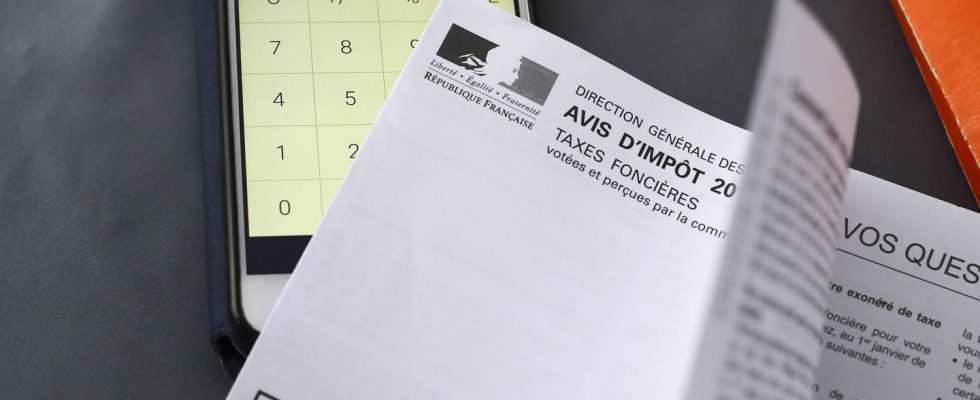What may seem like good news for the portfolio is ultimately not such news.
Lower taxes for the middle class: the promise made by the government should only come into force in 2025. However, if the common maxim is to say that the amount paid to the tax authorities is always too large, the figures from recent years show although most French people pay less income tax. However, while this may suggest that this is good news for household wallets, in reality, it is quite the opposite. This data is a bad sign.
The General Directorate of Public Finances (DGFiP) has published the latest data on the collection of income tax: 50% of French people who owe it obtain a refund from the tax authorities and the other half must pay a debt. . However, for four years, the observation has been clear: the sums reimbursed by the State are increasingly higher and those paid by taxpayers are less and less, especially for the middle class, those who earn between 1500 and 3,000 euros net per month per person, with differences depending on the composition of the household (single or living together, children or not, etc.).

For some of them, the reimbursements obtained from the tax authorities were greater in 2022 compared to 2021, of the order of 9 to 19 euros on average. For the other party, the amount of the bill has also decreased over the same period (between 20 and 30 euros), even if they still have to pay taxes. This generally concerns the middle class earning more than 2000 euros per month.
However, on closer inspection, these savings made on the bill to be paid to the tax authorities hide another reality: the loss of purchasing power for households. Indeed, each year, the income tax scale increases in line with inflation. If households pay less taxes, this means that their wages have not increased as fast as inflation (otherwise they would pay the same in taxes) and that they therefore have less liquidity.
The drop is therefore not linked to a government decision but to an impoverishment of households, whose income does not follow the rise in prices. This was confirmed by INSEE in a study, attesting that a French person receiving 2,000 euros net per month had lost around 360 euros in purchasing power between 2021 and 2022.
On the other hand, proof of the progressiveness of the tax and the constant enrichment of the wealthiest, it should be noted that for the richest 10% of the population, the average amount of tax has increased by more than 1,300 euros.
